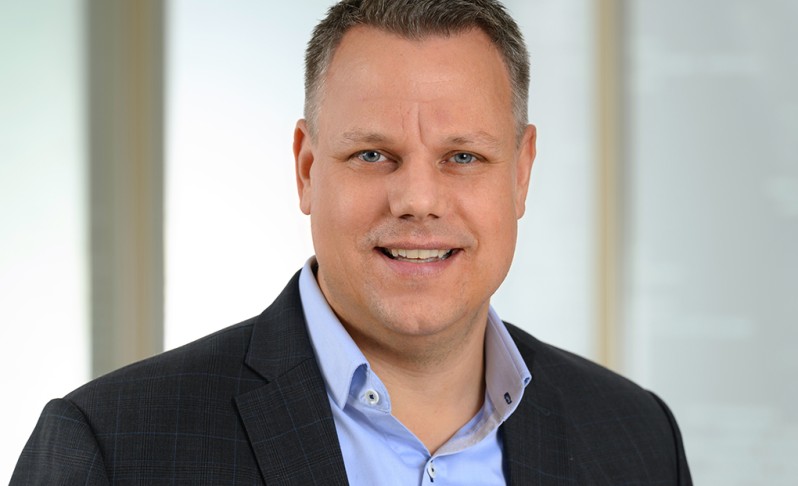
“Everyone benefits equally from the investment performance and no one – regardless of the size of their assets – is favoured or disadvantaged.” Albert Thomann, specialist investments expert
Dear Albert, why does a pension fund have investments? We’re not a bank…
Although a pension fund makes investments, it is nowhere near comparable to a bank. The statutory main mandate of a pension fund is to provide a benefit in the form of a pension or a lump sum at retirement age. This benefit is financed through savings by employees during their period of work until retirement. These assets are invested in investments by a pension fund during the earning period until they are paid out to the insured. As with personal savings, the interest rate for the assets should be as high as possible, so that the retirement assets increase. Suitable and advantageous investments should ideally generate a good return to guarantee a higher interest rate than the statutory minimum.
As you explain it, it sounds a little like my money in the pension fund is in some sort of investment fund, is that right?
Yes, this comparison is true in a way. As with an investment fund, the investments by a pension fund are made collectively in the same way for all of the insured. This means that everyone benefits equally from the investment performance and no one – regardless of the size of their assets – is favoured or disadvantaged.
Profond has a lot of equities for a pension fund. Don't you, as an expert, think that's a bit risky?
The question should be, why do most other Swiss pension funds hold so few equities? The fact is that over a time horizon of more than 10 years, equities as investments have yielded higher returns than other asset classes and are expected to continue to do so. Since gainful employment typically lasts more than 40 years, equities are the asset class to be favoured for a pension fund. As Profond has the risk capacity and risk tolerance necessary to take risks, we consider a high equity quota to be appropriate. In our opinion, with a significantly lower equities ratio, we would “deprive” our insured members of retirement assets they would receive from the maximum interest rate potential.
What advantages do you see in a purchase into the pension fund compared to buying fund units from a bank?
Voluntary contributions to the pension fund have three unique benefits: Firstly, retirement assets increase, which logically leads to a higher pension or a higher lump sum after retirement. Secondly, the insured benefits from the tax-saving effect, because pension fund purchases can be deducted from taxable income. Thirdly, they benefits from professional investment over a longer time horizon. In order to make the most of all of these advantages, it is recommended to make smaller purchases over several years.
Okay, that sounds good. But is the money in the pension fund really my savings, or is it used for the pension of retirees and suddenly gone? In other words, what risks do I take with a purchase?
In contrast to the AHV, there is no levy, but each employee saves their own retirement assets. For this reason, these assets can also be increased during the purchase period by high-yield investments. The risk of a purchase is to the possibility that the future benefits (amount of pension) and the return from the purchase date until the pension is received will be lower than originally assumed.
